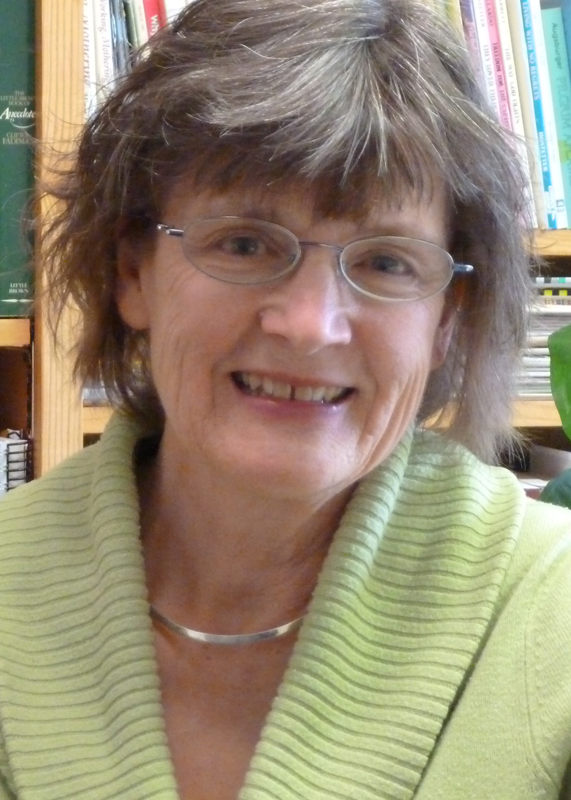Loved into Life: Vincent Harding
I believe all of the kids in my elementary school were lily (or pasty?) white. So my parents worked intentionally to expose us to persons of other races and nationalities since we grew up in the very rural north (Goshen, Ind.). They invited a variety of international students and agricultural interns into our home and made sure we visited black churches in nearby cities.
A home church in Harlem was another great source of love for Harding where “everyone knew my name, pushing me to be my best self.”
I think that’s why I perked up my ears when I heard that Vincent Harding, a contemporary and confidant of Dr. Martin Luther King Jr., was visiting my college alma mater recently, Eastern Mennonite University in Harrisonburg, Virginia. He was someone I heard Dad talk about. (There’s more about Harding and King in the book Widening the Circle, Herald Press, 2011.)
For about one decade, from 1958 to 1968 (when King was assassinated), Harding got to know and work with King in Montgomery and Atlanta, using nonviolent methods to bring about changes in segregation and civil rights policies.
Harding is now 82 years old with a soothing voice and open spirit. He “gave testimony” as he shared parts of his life story from the framework of a future autobiography he’s working on with the tentative title Loved into Life.
He grew up in the Bronx, New York City, as the only child of a divorced mother, Mabel, who had only an eighth-grade education. She emigrated from Barbados and was a domestic worker who instilled in Harding the idea that he would do something great in his life. It was the Depression era but she “saw to it that I had clothes and went to school.”
Harding also gives credit to the public school teachers who taught and showed him love. They too instilled in him the idea that he had potential. New York City’s sometimes infamous public school system that went by numbers gave Harding “one of the greatest sources of life and love I’ve ever known: people who saw I was not just a number, and that I had great possibilities.”
He gave tribute to the “city fathers—and they were only fathers back then—who set up a college system where if you could pass an entrance exam, you could have a full four years of college education absolutely free.” Harding majored in history and eventually earned his doctorate in that subject from the University of Chicago. He has written several books and currently serves as professor of religion and social transformation at Illiff School of Theology in Denver, Colorado, and cochairperson of Veterans of Hope Project.
A home church in Harlem was another great source of love for Harding where “everyone knew my name, pushing me to be my best self. They loved me and nurtured me in the ways of the Bible, with wonderful music, and a loving community.”
Harding said his turn toward nonviolence and the way of peace began after he was drafted into the military in the 50s. He was an outdoorsy kind of guy, who thoroughly enjoyed the marching, running, and jumping required of young military draftees. So while he recalls loving the atmosphere initially, he remembers being down on his belly one day shooting a rifle, learning how to hit a target. But he felt an inner voice saying to him, “So, Vince, you are really enjoying this. You are being trained to kill a man without ever seeing or meeting him. Is that what being a follower of Jesus means?”
Harding said that loving voice, which haunted him more than once, “came to disturb my peace, and the questions helped me receive the love of our master, Jesus, who taught us to love.”
That brought him to his next experience of love, meeting people he’d never heard of before: Mennonites. As they found ways of collaborating and ministering together, a group of three white men and two blacks decided to drive to the still-segregated south to get more actively involved in the struggle for civil rights. “In Montgomery, Alabama, in 1958 we decided we needed to talk with Martin Luther King Jr. so we just called him up out of the Montgomery phone book.” They went to visit him in his home, where he was recovering from a stab wound. At the end of the conversation, King said, “You are Mennonites, you understand nonviolence, come down and work with us.”
By this time he was married to Rosemarie Freeney Harding, who happened to be the first female African American to graduate from Goshen College, a largely Mennonite school (where both of my sisters graduated). After a long partnership in ministry, Rosemarie died in 2004. In December, 2013, Harding married for the second time. “I found a new love. Can you imagine how it is at 82 years to find new love?” he asked, looking into his new wife’s face in the audience.
I have a feeling that Harding will keep looking for and finding love for as long as he lives—what a wonderful theme for a life.
For a free booklet, You Can Make the World a Better Place, or to comment, write to me at or Another Way, 1251 Virginia Avenue, Harrisonburg, VA 22802. To see my photos of Dr. Harding’s speech, visit the “Another Way Newspaper Column” Facebook page and “like” it.
Posted 3/27/2014 7:00:00 AM
What do you think?
Post a comment or read others’ thoughts on this article in the Online Conversation, or.




